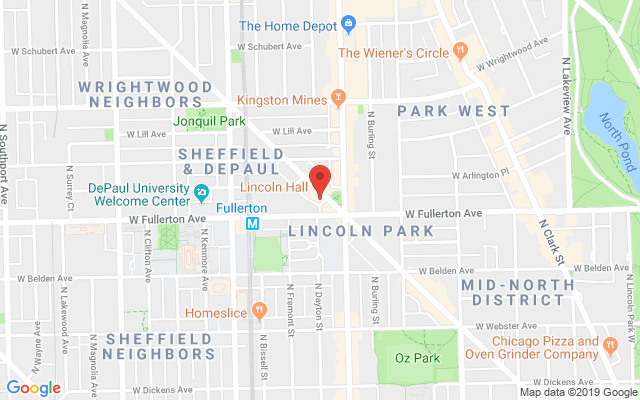On his new album Calico, singer/songwriter Ryan Beatty shares the endless nuances of his interior life, quietly exploring the tension between protecting our hearts and longing for the type of connection that can only come from true vulnerability. Co-produced by Beatty and Ethan Gruska, Calico matches his lyrical revelations with a luminously detailed sound that inspires endless fascination despite its great subtlety. The result is a timeless and transportive body of work, ultimately providing abundant space for the transformation and healing that led to its creation.
Beatty’s third full-length, Calico moves further into the free-form yet gracefully sculpted sound he explored on 2020’s Dreaming of David. In bringing the album to life, he and Gruska mainly recorded at historic L.A. spot Valentine Recording Studios and at Rick Rubin’s Shangri-La, working with a lineup of musicians including guitarist Dylan Day (Jenny Lewis, Laura Veirs), drummer Matt Chamberlain (Lorde, Brandi Carlile), saxophonist Sam Gendel (Sylvan Esso, Perfume Genius), string arranger Rob Moose (FKA twigs, Laura Marling), and Bon Iver’s Justin Vernon, who contributed additional production and instrumentation. “Through the process of making this album I felt like I was chasing a feeling of purity, something very unaffected,” says Beatty, naming the finespun avant-folk of Joni Mitchell’s Hejira and the stripped-bare folk-rock of Bruce Springsteen’s Nebraska among his touchstones for Calico.
Mixed by Shawn Everett (The War on Drugs, HAIM), Calico takes its title from a line in the album’s centerpiece, the dreamlike and gently haunting “Hunter”: “Sandpaper pastures quilted in calico cream/You woke from a nightmare/Your nightmare woke me up from a dream/The stars are your burden/The lights and the curtains burned to the ground/But now and again I’ll put on your movie when no one is around.” For Beatty, the writing of “Hunter” marked a major breakthrough in accessing the unfettered openness that infuses all of Calico. Conveyed with equal parts poetic specificity and stunning directness, that openness manifests in a vast expanse of lyrical forms, each presented in his stark and softly emotive vocals.
On the album-opening “Ribbons” — a sublimely wistful piece rooted in Gruska’s delicate piano work — Beatty delivers a lyric he refers to as Calico’s proverb: “It’s brave to be nothing to no one at all.” “With ‘Ribbons,’ I felt so distant from everything around me, like I had reached perfect solitude, which was both frightening and cathartic,” he says. “To me that line has to do with constantly feeling for the balance between individualism and togetherness.” Laced with lovingly rendered images of lonesome sunrises and California freeways, “Ribbons” makes for a prime introduction to Calico’s warm and spacious sound, encompassing an unhurried arrangement of lush strings, celestial synth, and hypnotic steel guitar (courtesy of Vernon). “What I love about ‘Ribbons’ is that the music says so much on its own,” Beatty points out. “Especially in the last minute, it feels like finally exhaling after holding something in for so long.”
Looking back on the making of Calico, Beatty compares the experience to “watching a deep wound slowly heal and practicing the patience to not chip at it.” And by embracing such a deliberately slow-paced and often meditative process, Beatty made his way to the kind of confidence and conviction that leaves a profound imprint on audience and artist alike.
$1 from each ticket goes to the Lollapalooza Arts Education Fund, a partnership between Lollapalooza, Chicago Public Schools (CPS), and Chicago’s leading arts education institution, Ingenuity, that distributes funding for transformative arts programs to CPS schools with the least amount of arts access.
This show is at Lincoln Hall
Lincoln Hall
2424 N Lincoln Ave
Chicago, IL 60614
(773) 525-2501
